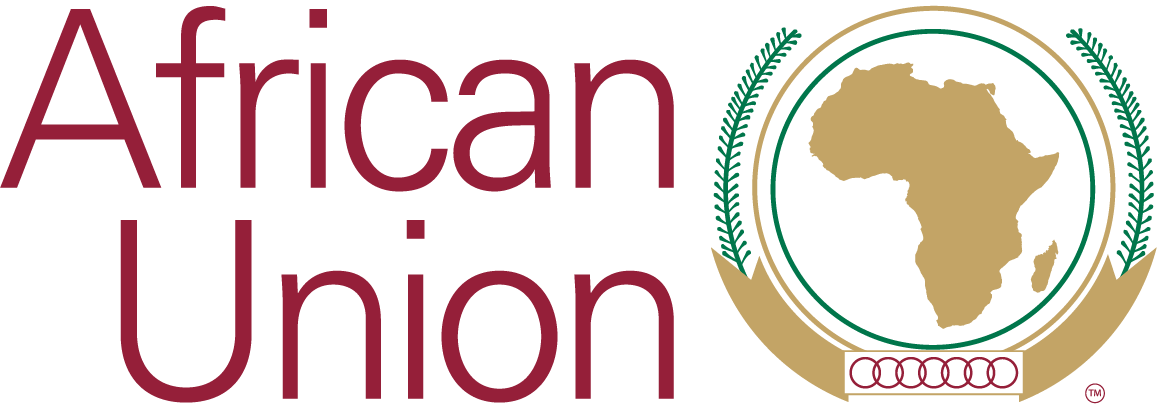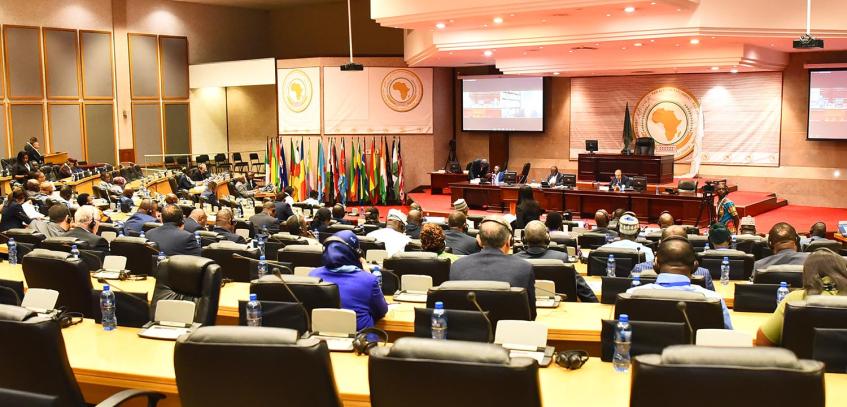A high-level Parliamentary engagement on democracy, human rights and governance in Africa has identified gaps in the implementation and effectiveness of African Union (AU) Legal and Policy frameworks that are meant to combat Unconstitutional Changes of Government (UCG).
The Dialogue convened by the Pan-African Parliament (PAP) was held earlier today under the theme: “Unconstitutional changes in Government and Political Transitions in Africa.”
The interface took place on the margins of the ongoing first Ordinary Session of the sixth Parliament.
The AU Member States have committed to making peace, democracy and good governance a reality in Africa through various treaties and policy frameworks where progress has been recorded as evidenced by the introduction of multi-party politics, execution of regular elections, and restoration of legislative and oversight functions of parliaments. However, a trend of unconstitutional removal of governments has emerged in Africa necessitating interrogation of existing legal and policy frameworks.
In his opening remarks, H.E. Hon. Chief Fortune Charumbira, asked participants to go beyond dialogue and debate to ensure peace in Africa.
“We need to talk frankly. The resurgence of unconstitutional changes of government acts of terrorism, and an increase in the number of coup d'états across the continent is a concern and a serious issue. Free and fair elections are the only vehicle to achieve peace and stability. However, the fact that some of the Member States where military coups have become commonplace had already conducted elections is quite telling. It implies that there is a need for deeper introspection on how to ensure inclusive and participatory democracy beyond conducting regular elections” said the President of the PAP.
Chairperson of the PAP Committee on Cooperation, International Relations, and Conflict Resolution, Hon. Dr. Sherif El Gabaly alluded:
“The Africa we want is premised on a peaceful continent and we must collectively commit to making peace and good governance a reality to the African people. If sustainable actions are not taken to deal with these challenges, the attainment of Agenda 2063 aspirations is jeopardised. The PAP will go beyond just being a part of this conversation to actively encouraging good governance, and transparency and to promote peace, security and stability.”
Speaking at the high-level meeting Amb. Bankole Adeoye, AU Commissioner of Political Affairs, Peace and Security, was cognisant of the need for Africa to reinforce independent democratic bodies.
“Africa has to strengthen and build strong independent democratic institutions and also rethink the effectiveness of sanctions on Member States. However, on a more positive note, the majority of Member States that recently held elections did well, for example, Kenya, Lesotho and Malawi. The AU has developed an integrated approach to election observation missions and there will be more resources directed towards technical assistance and not just election observation. The PAP has to have a stronger voice in elections observations and is central to ensuring democracy thrives,” said Amb Bankole Adeoye.
Acknowledging the importance of the African Charter on Democracy, Elections and Governance (ACDEG), the Lome Declaration, the African Charter on Human and People’s Rights, and the AU Constitutive Act, Prof Andre Mbata Mangu Director of the University of South Africa’s Verloen van Themaat Centre of Public Law, said these, however, fell short on implementation.
“The AU Legal Framework remains relevant but not effective because if it was effective we would not continue to witness cases of UCG. Just as much as the legal frameworks have failed to deter perpetrators, there is also a lack of political will to fight this scourge. The Malabo Protocol dictates that UCG should be combated and treated the same way as a crime against humanity but up to now that Protocol has not come into force because it has not been ratified,” said Prof Andre Mbata Mangu.
Prof Adebayo Olukushi a Researcher with the Council for the Development of Social Science Research in Africa (CODESRIA) noted that the sanctions imposed on Member States are not deterrent enough leading to citizens losing confidence in electoral processes.
“The instruments are not sufficient in responding to processes that produce UCG instead the instruments address the end results whereby UCG has already occurred. For instance, in Burkina Faso, another coup took place despite the country being under AU imposed sanctions. Coupled with this, our democracies do not have mechanisms to self-correct when they derail and the system carries on as if nothing is amiss and citizens do not have enough avenues to make their voices heard or to seek redress. The continent is going through a gradual democratic regression, decline in a number of citizens coming out vote in national elections,” noted Prof Adebayo Olukushi.
-Ends-








